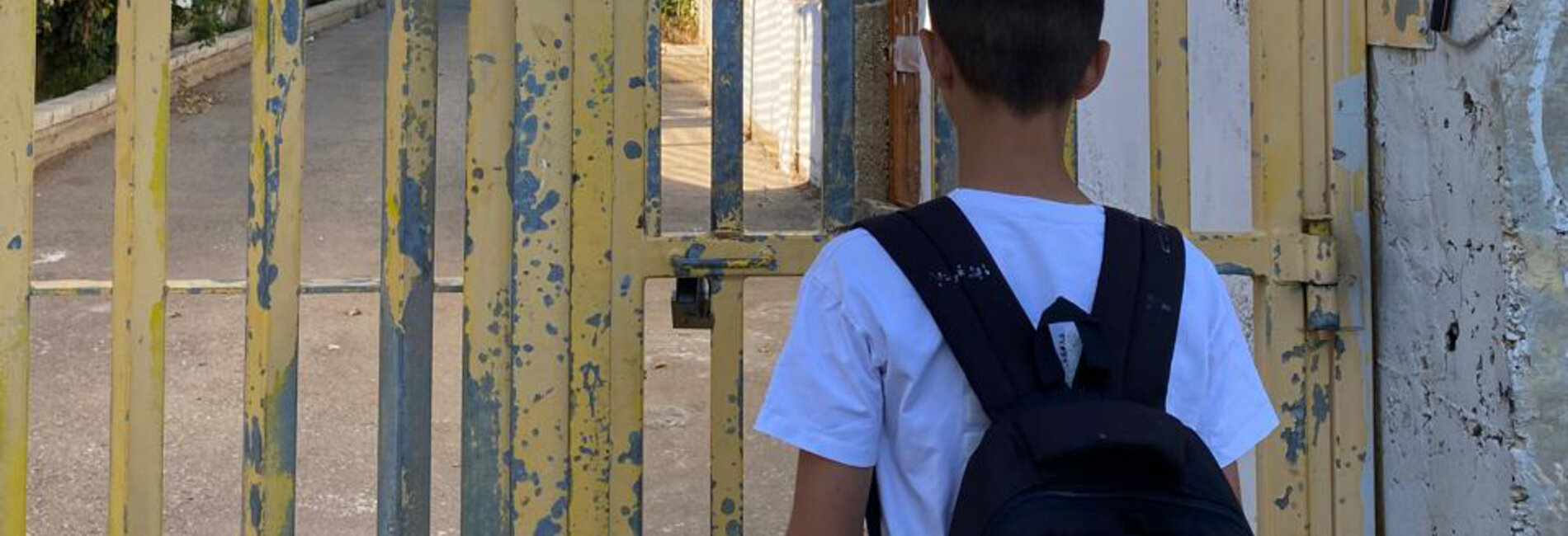Supporting mental wellbeing in West Bank communities
Beit Ijza is a small Palestinian village in the West Bank, near Jerusalem. Over the years, its residents have seen the Israeli Barrier and Israeli settlements built around their community, often on top of their confiscated farmlands. They live under the constant threat of land confiscation, demolitions, movement restrictions, and settler violence.
Saadat Gharib, a lifelong resident of Beit Ijza, lived with his wife and four children, as well as his elderly mother – who suffers from chronic illnesses – near one of the village's most volatile areas. The house is encircled by an eight-metre-high fence, and access is only possible through a gate remotely controlled by Israeli forces. Given the proximity to one of the nearby settlements, for years, his family endured near-daily harassment from settlers.
The psychological toll was immense: Gharib developed anxiety and depression, often resorting to tranquilizers to manage the stress. His children began experiencing symptoms of trauma, including sleep disturbances and chronic fear, particularly when walking to and from school.
In December 2023, through funding from the occupied Palestinian territory Humanitarian Fund (oPt HF), Médecins du Monde Swiss in partnership with Médecins du Monde Spain, launched a project to provide comprehensive mental health and psychosocial support to 11 communities affected by conflict and settler violence, reaching over 500 beneficiaries.
A team of psychologists and social workers visited Beit Ijza to assess family needs and started to conduct regular home visits for counseling sessions. Through structured therapy, they provided a safe space for family members to express their emotions and cope with trauma. Medical professionals followed the World Health Organization’s guidelines to reduce Gharib’s dependency on tranquilizers and improve his overall mental wellbeing.
By the end of the intervention, Gharib, who received support for at least three months, reported sleeping better, having fewer panic attacks, and a noticeable improvement in his appetite and energy levels. His children regained confidence and began participating more actively in school and community life. The project concluded with a referral to the Ministry of Health’s mental health department to ensure long-term care.
“I never thought someone would come to our house, listen to our pain, and actually help,” said Gharib. “Thanks to the team, we are slowly reclaiming our peace.”










